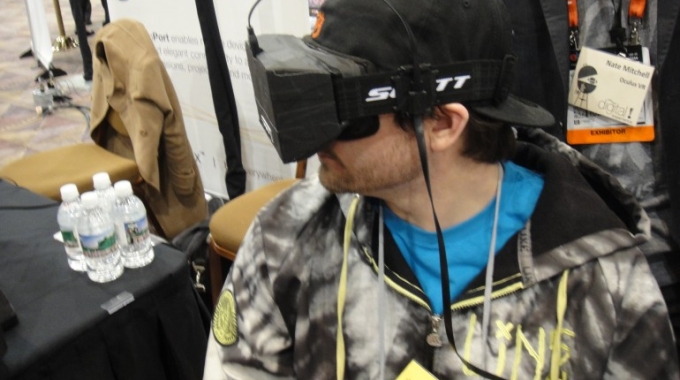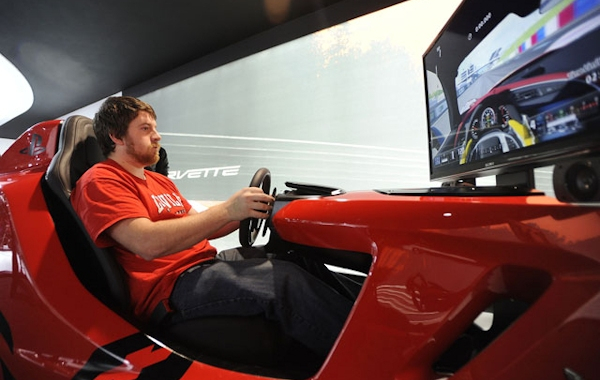As the case studies accumulate, gamification continues to gain traction and garner attention. Yet despite its newfound credibility, most still watch from the sidelines. While it may not be right for every business, the stats are hard to ignore. In 2010, corporations spent $100 million on gamification, and that number is expected to rise to $2.8 billion by 2016. The fact is, when done properly, gamification can work. Brand innovators like Coke and Nike know this, and it turns out, so do scientists.
According to the research of gamification pioneer Jane McGonigal, the reason humans collectively spend 3 billion hours a week playing games is tied to the psychological effects delivered by game mechanics. The neurological flow of dopamine, triggered by these underlying mechanics, plays a powerful role in creating positive emotion. And when game mechanics are applied to marketing problems, the response is the same. No wonder gamification can elicit such extraordinary behaviors. Turns out, regardless of the context, we’re hardwired to play.









